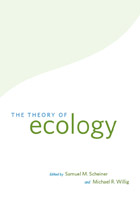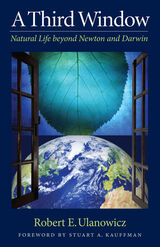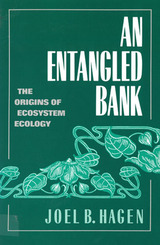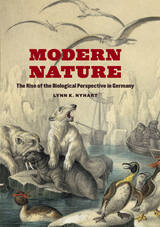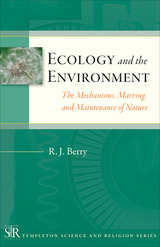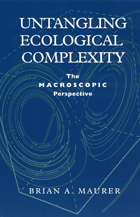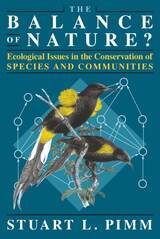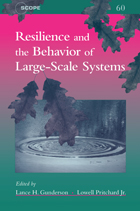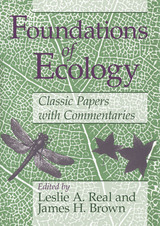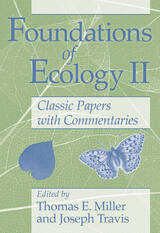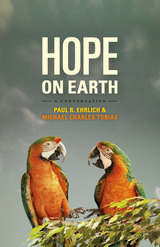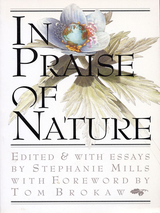Untangling Ecological Complexity: The Macroscopic Perspective
University of Chicago Press, 1998
Paper: 978-0-226-51133-7 | Cloth: 978-0-226-51132-0
Library of Congress Classification QH541.M384 1999
Dewey Decimal Classification 577.82
Paper: 978-0-226-51133-7 | Cloth: 978-0-226-51132-0
Library of Congress Classification QH541.M384 1999
Dewey Decimal Classification 577.82
ABOUT THIS BOOK | TOC
ABOUT THIS BOOK
Ecologists increasingly find themselves called upon to address the impacts of global change on biodiversity. Yet most studies of biodiversity focus solely on intensive, experimental analyses of localized ecological communities. In Untangling Ecological Complexity, Brian A. Maurer argues for a more pluralistic approach, showing how ecologists might enhance their ability to tackle global problems by incorporating broader spatial and temporal perspectives into their research.
Maurer begins by reviewing the strengths and limitations of reductionist experimental approaches. Although these studies have produced much valuable data, their small scale restricts the kinds of inferences that can be drawn from them. Maurer then demonstrates how statistical methods can be used to identify processes (such as dispersal or nonrandom extinction) that operate across broad geographic scales, yet which also have profound impacts on local ecosystems. This macroscopic perspective, Maurer suggests, provides a powerful tool for untangling ecological complexity.
Maurer begins by reviewing the strengths and limitations of reductionist experimental approaches. Although these studies have produced much valuable data, their small scale restricts the kinds of inferences that can be drawn from them. Maurer then demonstrates how statistical methods can be used to identify processes (such as dispersal or nonrandom extinction) that operate across broad geographic scales, yet which also have profound impacts on local ecosystems. This macroscopic perspective, Maurer suggests, provides a powerful tool for untangling ecological complexity.
See other books on: Biotic communities | Ecology | Life Sciences | Science
See other titles from University of Chicago Press

